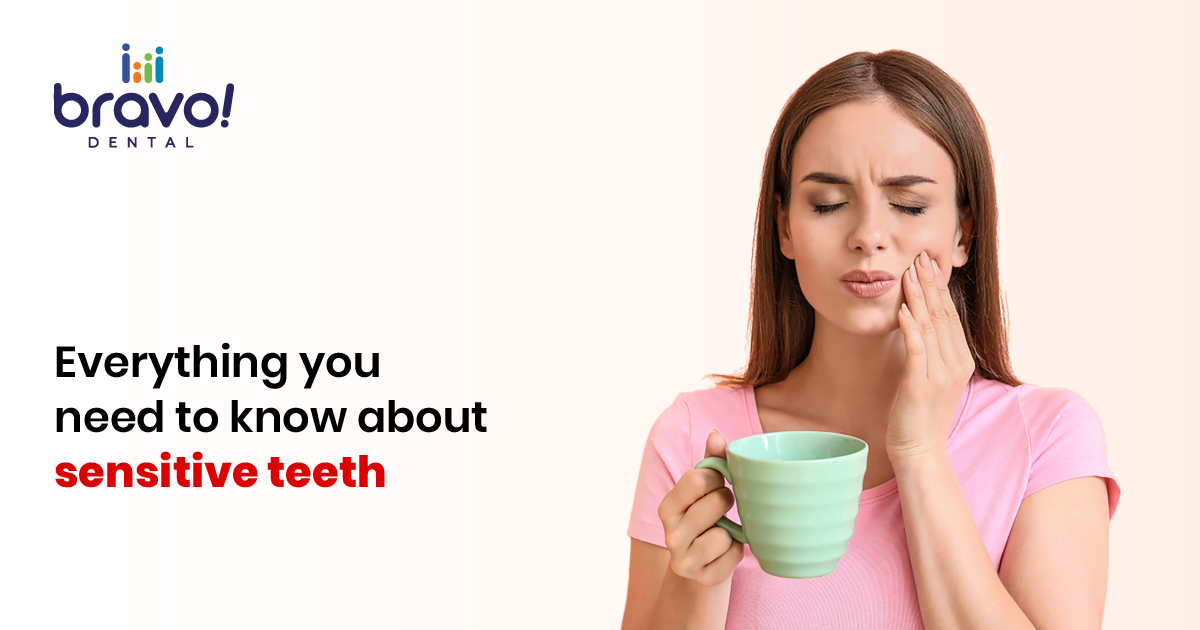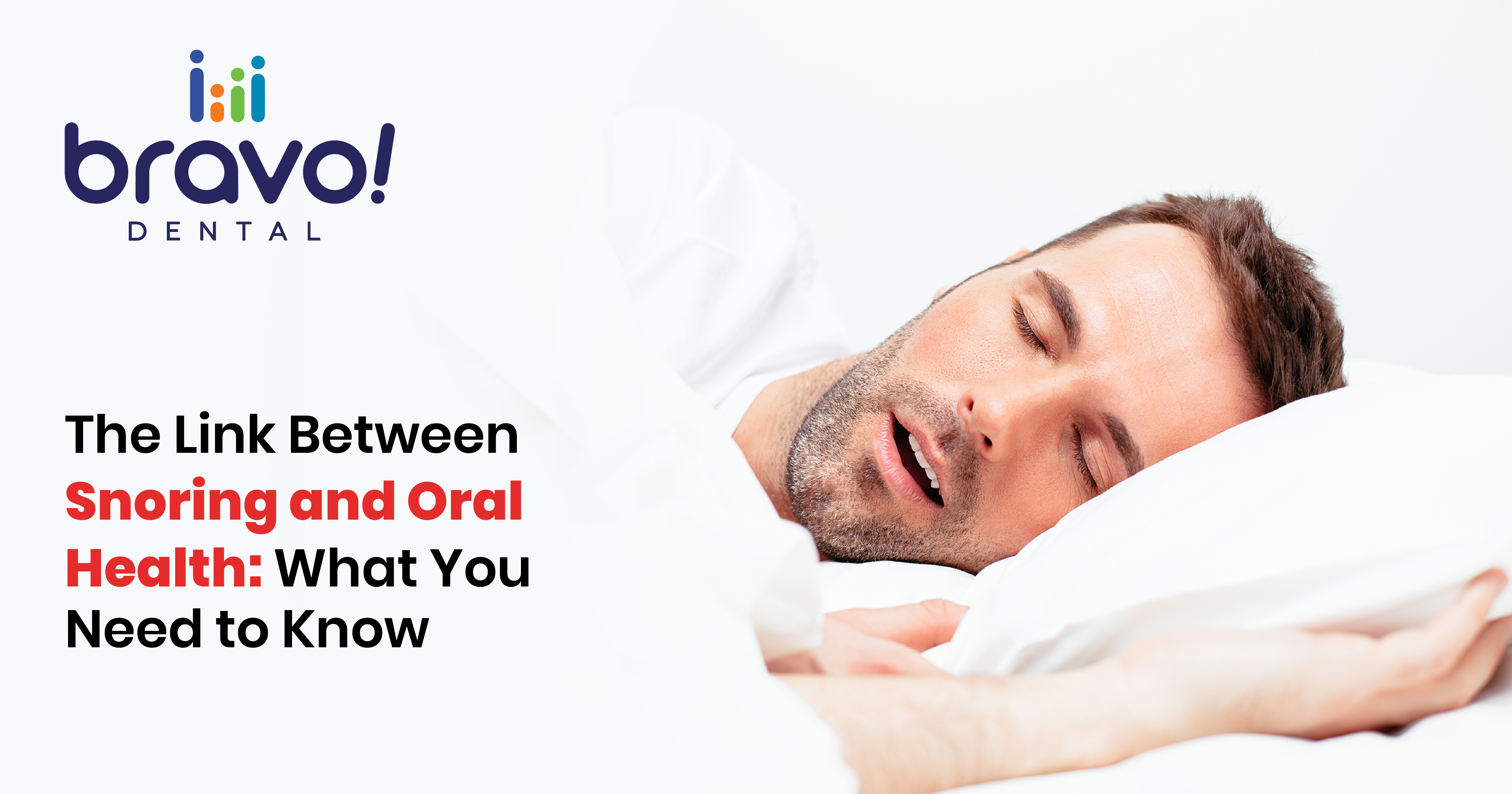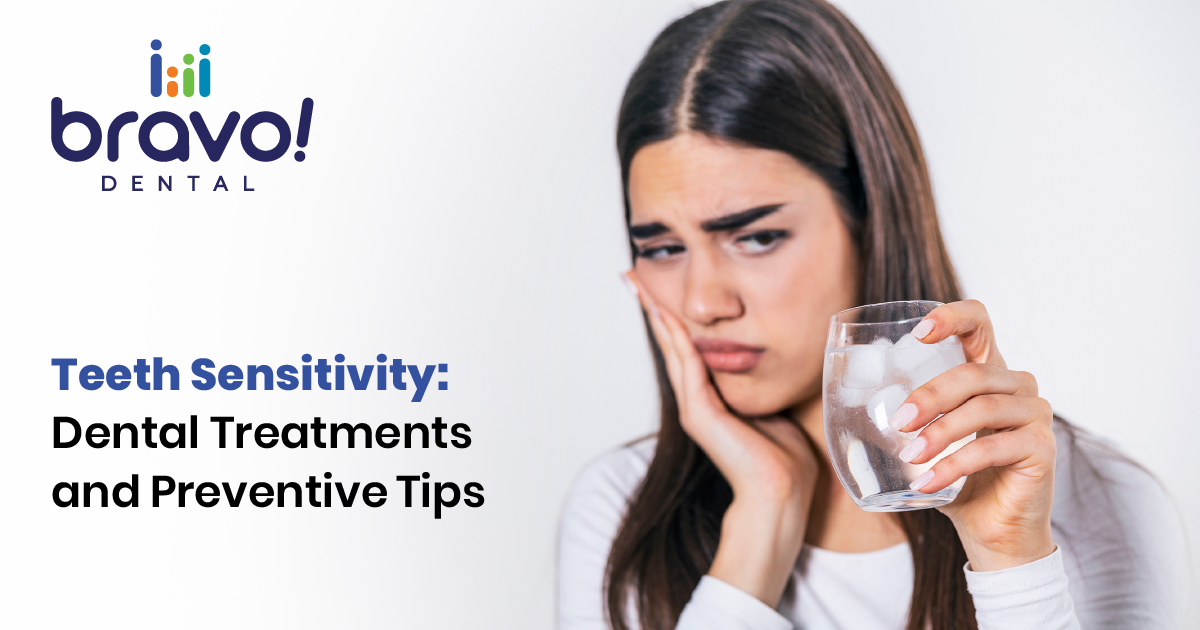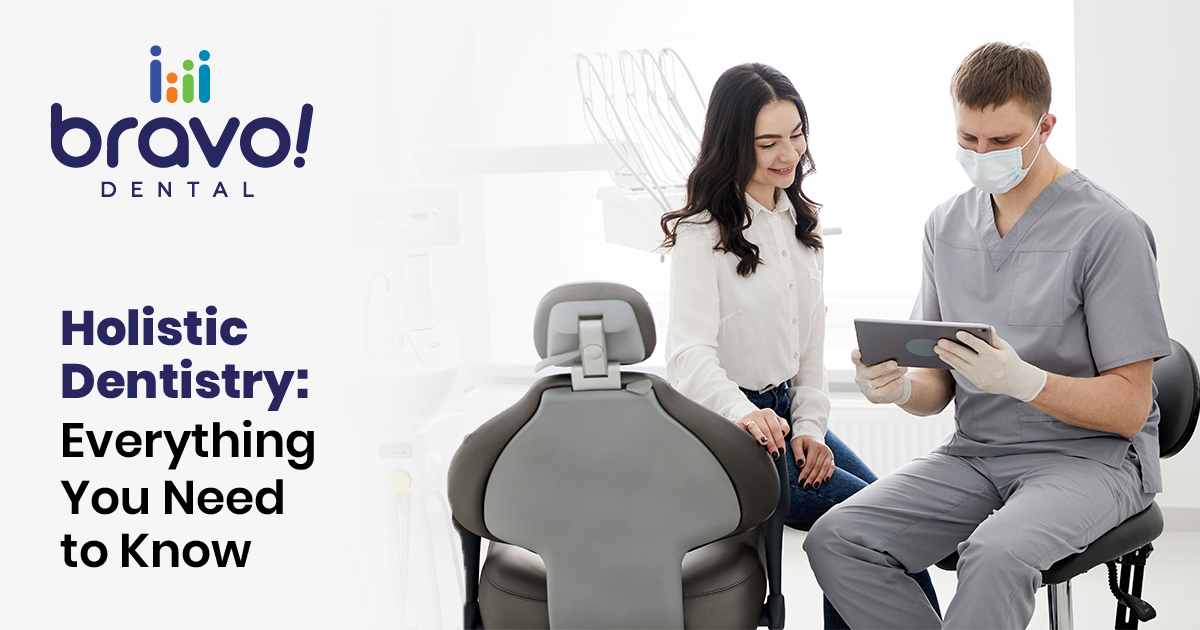
Have you ever experienced pain or discomfort after eating a scoop of ice cream or a spoonful of hot soup? Don’t be troubled! Many people experience such symptoms after consuming cold or hot foods. It is known as dentin hypersensitivity or tooth sensitivity. The sensitivity can be either chronic or temporary. It can affect one tooth, several teeth, or all of the teeth at the same time.
In this blog you’ll get to know everything about sensitive teeth and how to treat it.
Symptoms of teeth sensitivity
Here are a few symptoms that may help you become aware of the sensitivity and take preventive measures as soon as possible.
- Spontaneous tooth pain with no apparent cause.
- Tooth sensitivity particularly on a single tooth.
- Milder pain sharply raising suddenly.
- Staining on your teeth’s surface.
- Pain while biting or chewing.
Triggering factors of unexpected teeth sensitivity
Many factors can contribute to the onset of sensitive teeth, such as:
- Brushing too hard: Brushing too hard or using a hard-bristled toothbrush can wear down enamel and expose dentin over time. It can also lead to gum recession.
- Gum disease: Sensitivity may result from the loss of supporting ligaments, exposing the root surface and leading directly to the tooth’s nerve.
- Cracked teeth: Bacteria from plaque can enter the pulp of a chipped or broken tooth, causing inflammation.
- Teeth whitening products: These are significant contributors to tooth sensitivity. Use only dentist-suggested products.
- Age: You are likely to experience teeth sensitivity between the ages of 25 and 30.
- Plaque build-up: Cavities on the root surfaces can start causing sensitivity.
- Mouthwash: Some acid containing mouthwashes can aggravate tooth sensitivity. Discuss with a dentist if a neutral fluoride mouthwash can help you with your dentin sensitivity.
- Acidic foods: Consuming foods with a high acid content regularly, such as citrus fruits, tomatoes, pickles, and tea, can cause enamel erosion.
- Recent dental procedures: Fillings, teeth cleanings, and dental restoration placement can all cause sensitive teeth.
- Bruxism: Grinding or clenching your teeth can wear down the enamel.
Treatments for teeth sensitivity
Use desensitizing toothpaste and fluoride mouthwash to reduce pain associated with sensitive teeth after several applications. Consult your dentist to determine which product is best for you. Exposed root surfaces can occasionally be treated by applying bonding resin to the sensitive root surfaces. Maintaining a proper oral hygiene regimen is always advisable. Wearing a mouth guard can help if you tend to grind or clench your teeth at night. In the worst-case scenario, if other treatments are ineffective and your sensitive teeth are causing severe pain, your dentist may recommend a root canal. And above all visit your dentist regularly for professional exams, cleanings, and fluoride treatments.
If you have any of the above symptoms or have discomfort in your gums, feel free to get in touch with our dental experts at Bravo! Dental. We can assist you with your sensitive teeth and recommend the appropriate treatment.
Don’t let your teeth sensitivity get in the way of experiencing the flavours of life
happy to hear from you, contact us
Fill out the contact form below and Feel free to send any question or query.




